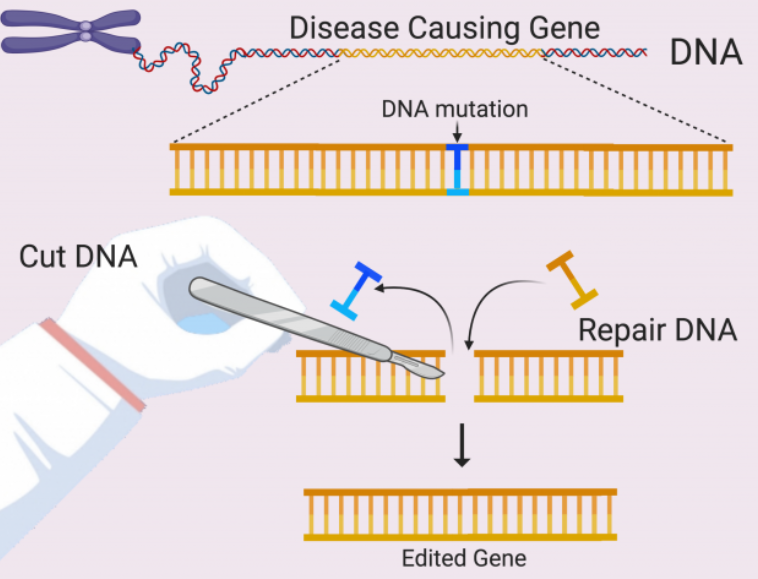Genome editing is bringing clarity to the study of hereditary cancers
(Source – The Hindu, International Edition – Page No. – 7)
| Topic: GS3 – Science and Technology |
| Context |
|
| What Is Genetic Editing? |
|
|
How Genetic Editing Can Help in Cancer:
- Correcting Mutations: Genetic editing can target and correct specific mutations responsible for causing cancer.
- Identifying Drug Targets: It allows researchers to understand the role of genes in cancer progression and identify new drug targets.
- Personalised Therapies: Genetic editing can be used to develop therapies tailored to an individual’s genetic profile, improving treatment outcomes.
- Drug Resistance: By studying cancer cells’ responses to treatments, genetic editing can help overcome drug resistance in therapies like chemotherapy.
- Early Detection: Gene editing tools can help identify early genetic changes that predispose individuals to cancer, enabling preventive measures.
| Practice Question: Discuss the potential of genetic editing technology like CRISPR in revolutionising cancer treatment. What are the ethical and regulatory challenges associated with its widespread adoption in medical science? (150 Words /10 marks) |

